১৩ ফাল্গুন ১৪৩২
CNN Analysis
Hasina’s Death Verdict in Absentia Sparks Diplomatic Deadlock With India
24 November 2025 19:11 PM
NEWS DESK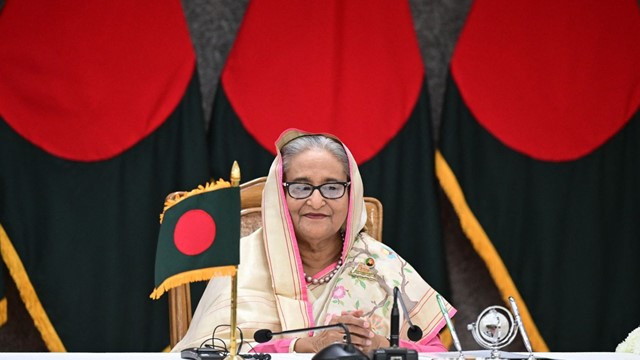
Bangladesh’s ousted Prime Minister Sheikh Hasina has been sentenced to death in absentia by the International Crimes Tribunal on charges of crimes against humanity linked to last year’s deadly crackdown on student protesters. The ruling has triggered a tense diplomatic standoff, with India—where Hasina fled in August 2024—emerging as the key obstacle to Dhaka’s efforts to bring her back.
Hasina, who governed Bangladesh for more than 15 years in her most recent tenure, fled to India after mass student-led demonstrations escalated nationwide. Her government was toppled amid mounting public fury, and Dhaka has since been pressing New Delhi for her extradition. India, once one of Hasina’s closest allies, has so far avoided committing to handing her over.
“This is an extraordinary story of power, exile, and public anger,” said political scientist Mubashwar Hasan, noting that Hasina fled to escape “the wrath of a nation.”
A Political Rise Marked by Tragedy and Exile
Hasina’s political journey is inseparable from Bangladesh’s turbulent history. In August 1975, her father—Bangladesh’s founding president Sheikh Mujibur Rahman—along with her mother and three brothers, was assassinated during a military coup. Hasina and her sister survived only because they were in West Germany at the time.
According to reports, General Ziaur Rahman soon consolidated power and Hasina was forced into six years of exile in India, a period that shaped her deep affinity for the Indian state. She returned in 1981 to take charge of the Awami League and later became prime minister for the first time in 1996. One of her earliest acts in office was reopening investigations into the murder of her family.
A Controversial Leader Accused of Authoritarianism
Hasina’s long rivalry with opposition leader Khaleda Zia dominated Bangladeshi politics for decades. After returning to power in 2008, observers say she became increasingly authoritarian, determined to secure long-term control.
Her tenure oversaw strong economic growth and close strategic alignment with India. However, critics accused her of steering the country toward de facto one-party rule, warning about political violence, voter intimidation, and systematic targeting of opposition figures.
2024 Student Uprising and the Fall of the Hasina Government
The student-led protests that erupted last year over civil service quotas rapidly spiraled into a nationwide anti-government movement. According to the UN Human Rights Office, more than 1,400 people were killed as security forces cracked down on demonstrators.
But the violence only intensified public outrage. Within weeks, the movement snowballed into an unstoppable force that dismantled Hasina’s political grip and ultimately drove her from the country.
“She had no option but to flee,” analyst Hasan said. “Everyone—from the public to the security forces—turned against her for overstepping every limit.”
Death Sentence and India’s Uneasy Position
The International Crimes Tribunal, which Hasina herself established during her rule, convicted her in absentia. She was found guilty of inciting violence against protesters and ordering the use of lethal force, including drones and helicopters, during the crackdown.
Although India maintains capital punishment in its legal system, New Delhi has adopted a neutral stance, pledging to “engage constructively with all sides.” Hasina’s son, Sajeeb Wazed, publicly praised India for protecting his mother, saying New Delhi “saved her life in a moment of crisis.”
Indian diplomat Anil Trigunayat noted that the extradition treaty between the two countries includes a political-exception clause—allowing India to refuse extradition if the alleged crimes are deemed politically motivated. He added that Hasina has not exhausted all legal appeal mechanisms, reducing pressure on India to act swiftly.
Dhaka, however, insists India is obligated to return Hasina, calling for her “immediate” handover on the day the verdict was announced.
Bangladesh Heads Toward Elections Amid Uncertainty
Hasina’s sentencing comes ahead of elections scheduled for February, deepening political volatility. The Awami League is now banned, its leadership scattered, and Nobel Peace Prize laureate Muhammad Yunus—head of the interim government—faces the challenge of guiding a bitterly divided nation toward stability.
Analysts say the absence of the Awami League could open space for the opposition Bangladesh Nationalist Party (BNP) and smaller parties, but the country’s deep-rooted polarization remains unresolved.
As Bangladesh approaches a critical vote, the question lingers:
Does Hasina’s downfall mark the end of a toxic political era—or the beginning of an uncertain new chapter?






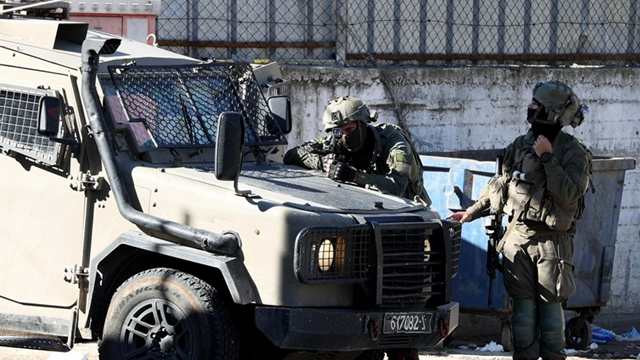
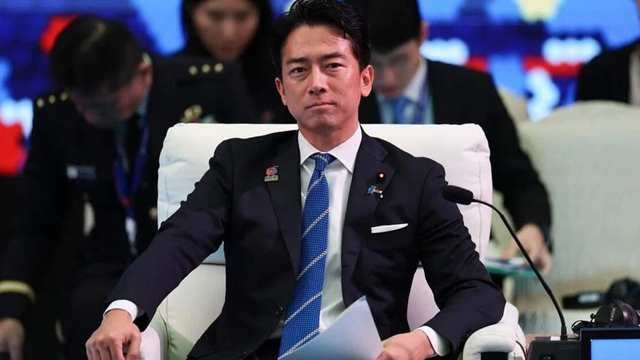
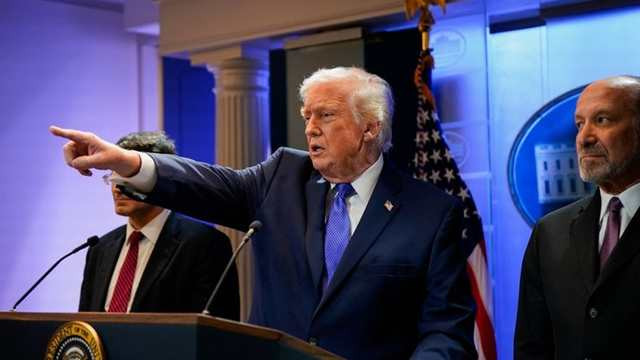

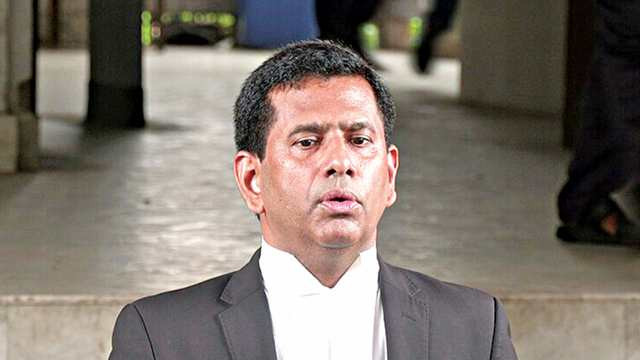
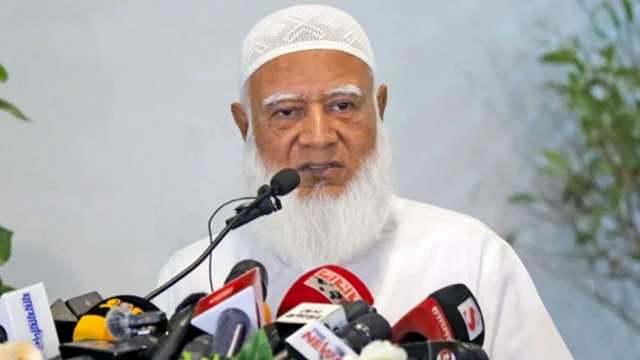
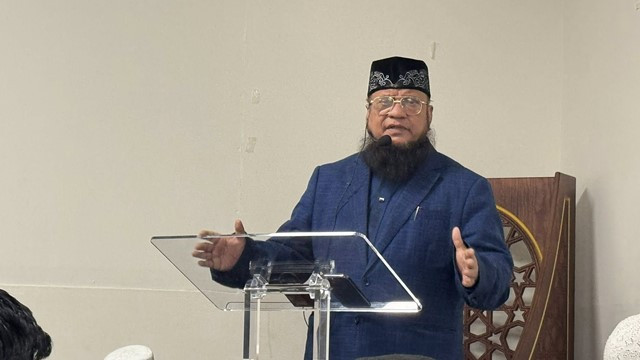
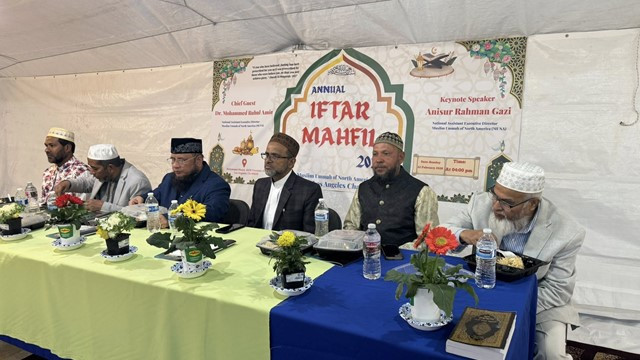
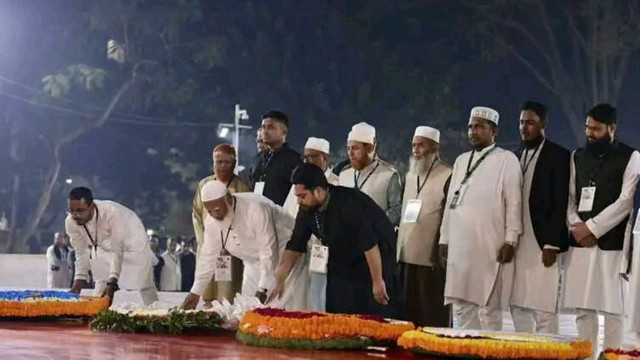
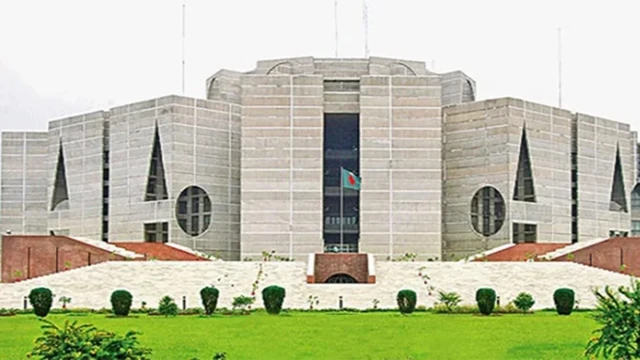
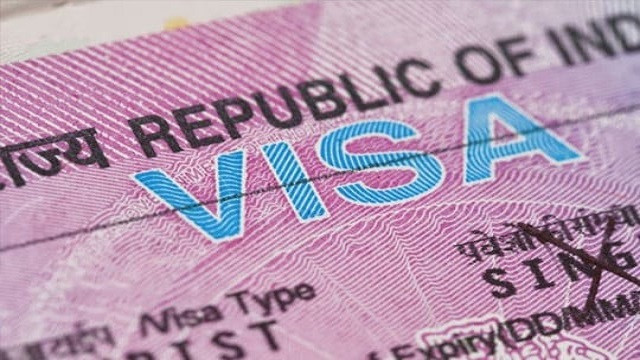
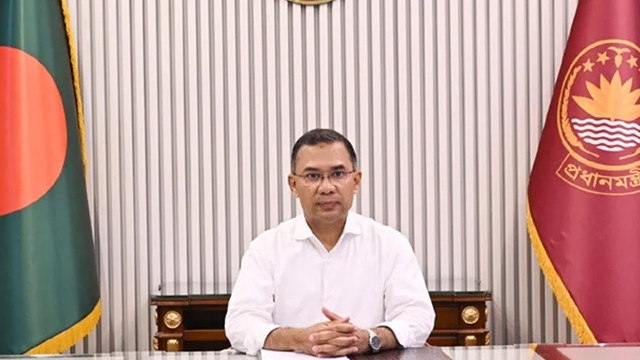
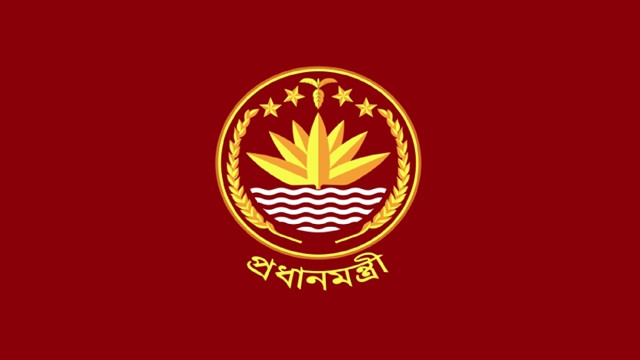
Comments Here: